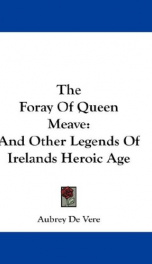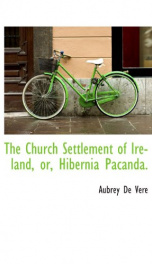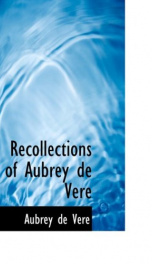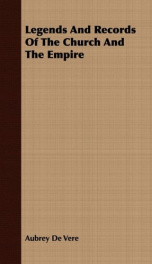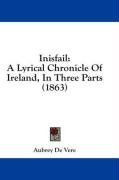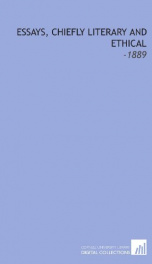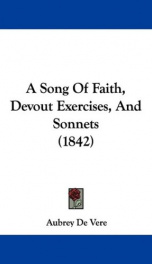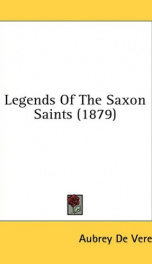irish odes and other poems
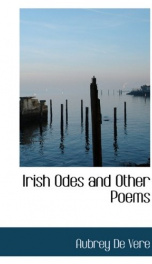
IRISH ODES AND OTHER POEMS - PREFACE - IRISH has soilleti lles been espressecl by in llnerican frirntls that an cclition of my poems shoultl bc publishctl in their country. No one v110 112s u. ritten i l l tllc F ilglisl language, nrllcthcr n-it11 the lo-cr or the higher aims of liternturc, can f. lil to desirc that his works shoultl ha-c n circulation in 11incricn. rllat country tnust ere long contain f. lr the larger number of those v110 spcnk ISngIish in it, despite those material interests rliich imperiously cleillniltl the nttcntio l of n . oung country, poetry has nlrently been protlucccl i t h un abuntl unce, niltl rend with an eagerness, rare in the old vol-ltl nnd it cannot l etlo tbtctlt llnt c. ery libcrnl art inrlst achicvc new triumplls nnlitl n race tlo vcrctl . it11 all th tt can de clop tnor ll nt d social encl-gics, and naught that call dcprcss intcllcct or tli. itlc brethren. The Liberal Arts are the children of a virtuous, unboastful Liberty, frank-hearted, and not self-respecting alone, but full of respect for all that is human. Their larger growths are quickei ed from the soil of sympathies wide as the earth, and are freshened by aspirations not restrained to the earth. Like the spontaneous growths of Nature, they are also in part, it is true, Traditions but the allegation that America must wait long for a past, is an error. She has only to rememfie a , s well as lobk forward, and the Past of all those nations from which her race is derived is her Past also. For me the question is not merely one of Literature. There now exist in America more of my Irish fellow-countrymen than remain in their native country and I cannot but wish that my Poetry, much of which illustrates their History and Religion, should reach those Irish of the dispersion in that land which has extended to them its hospitality. Whoever loves that people must follow it in its wanderings with an earnest desire that, upon whatever shore the storms may have cast it, and by whatever institutions it may be cherished or proved, it may retain with vigilant fidelity, and i be valued for retaining, those among its characteristics which most belong to the Irelnnd of History and Religion. The Irish cl nracter is one easily mistaken by the rough and ready pl ilosophyo f the caricaturist. A little part, and that the worst, he sees. To the rest he has not the key. Broad farce, and broad romance, haire familiarizecl mcn with its coarser traits. Its finer reveal t11c111seli-es to poetry. She deals with wllat lies bencath the surface. She makes her stutly, not of the ta ern, but of the hill-side chapel, ant1 of the cottage-hearth without stain ant1 fi ithful to the tlepartctl. She ponders the tear-blotted letter, and the lip-worn rosary. In a face seltlo n joj. less, but not seltlo n oiVercast, she fintls sometlling wllich mitkcs her tread the wanclerers native lai tla, nd sh lrc it11 him the recollections of the Past. Those recollections, dear to all deep-heartecl Races, but dearest to the saddest, have to the Irish been a reality in times when the present seemed a clrea n. But hitherto they have also been rintlictivc. Now that a Scctaria A s cendency is on the point of ceasing, they will lose their bitterness irherever tlle oltl and true Irish character remains. That character is generous wllcrc love is not curtllcd into hate by wrong. To attain Civil Freedom and Religious Equality was long the task which nature ancl duty imposed upon Ireland... --This text refers to an alternate Paperback edition.
Info about the book
Author:
Series:
Unknown
ISBN:
1112265481
Rating:
3/5 (3)Your rating:
0/5
Languge:
English
Users who have this book
Users who want this book
What readers are saying
What do you think? Write your own comment on this book!
write a commentGenre
if you like irish odes and other poems try:
Do you want to exchange books? It’s EASY!
Get registered and find other users who want to give their favourite books to good hands!

